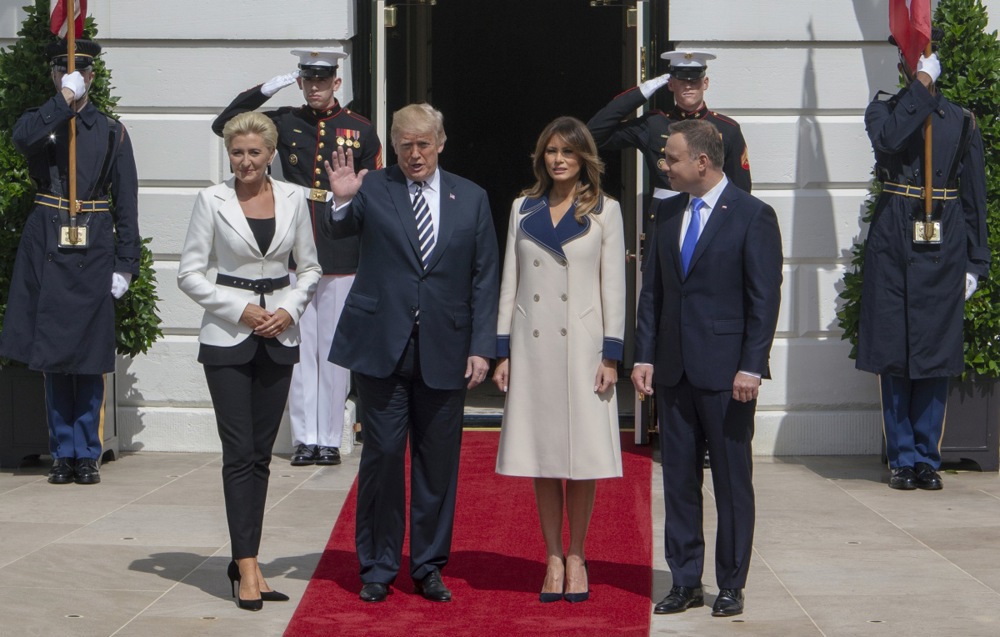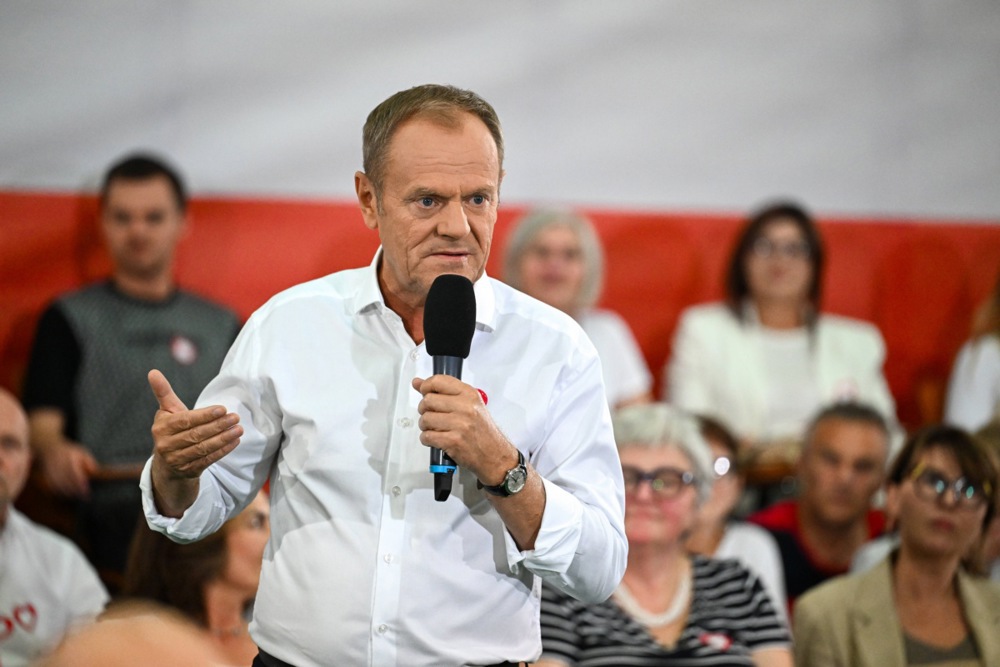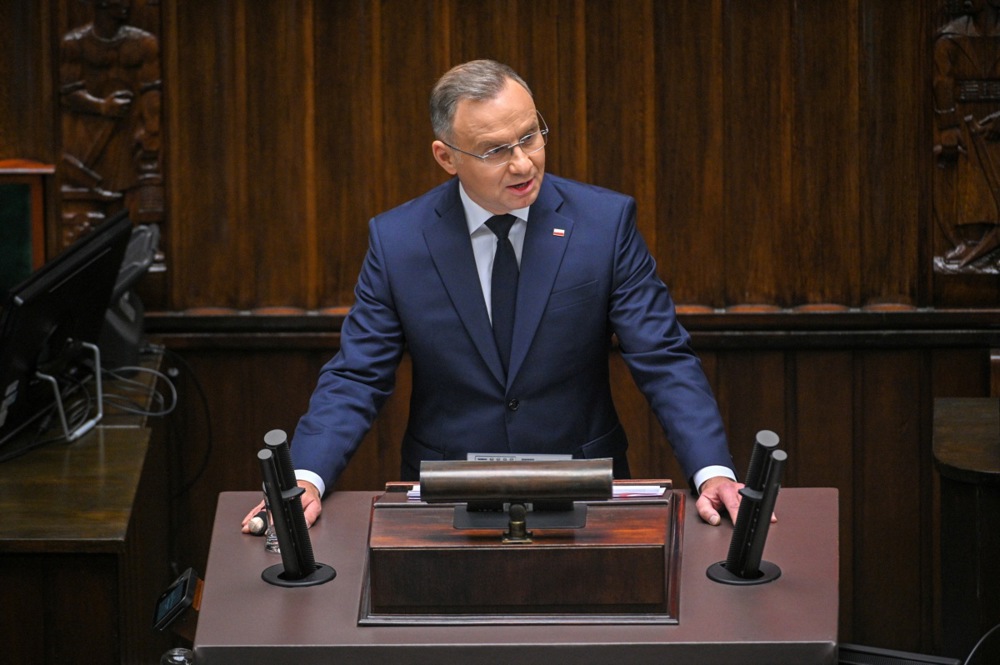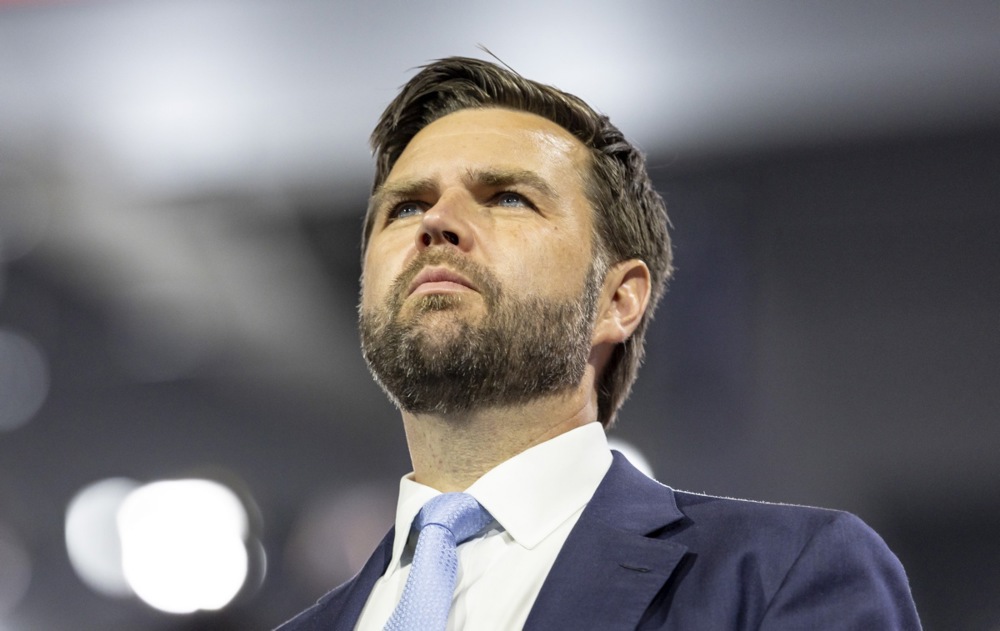Conservative Andrzej Duda, the Polish president, has said he would invite US President-elect Donald Trump to the Three Seas Initiative summit in Warsaw, just days before Poland’s May’s presidential election.
Presidential aide Mieszko Pawlak on December 21 briefed the Polish Press Agency (PAP) that Duda will host the Three Seas Initiative summit of the 12 EU member states on April 28-29 2025. He said a formal invitation would be sent to Trump after his inauguration in Washington on January 20.
Prime Minister Tusk and Foreign Minister Sikorski of the centre-left have not commented on Duda’s invitation. They have been highly critical of Trump, making no secret of the fact that they would have preferred the Democratic Party candidate Kamala Harris to have won the election.
Tusk, while leading the opposition before Poland’s parliamentary election of 2023, said at a public meeting there were grounds to suspect Trump was a Russian asset but failed to produce any evidence. He mentioned claims submitted to an FBI investigation but the agency found no trace of the President-elect colluding with Russia.
Pawlak told reporters that if Trump attended, his appearance would mirror his participation in the 2017 Three Seas summit, also held in the Polish capital.
“Trump’s previous participation in 2017, at President Duda’s invitation, will provide a sense of continuity if he chooses to attend next year,” Pawlak said. “His presence would serve as a symbolic link, especially as the upcoming summit is the tenth anniversary meeting of the Three Seas Initiative.”
The Three Seas Initiative, of which the US is a strategic partner, was developed by the last Conservative (PiS) government (2015-2023) as a format for co-operation focusing on infrastructure, energy, and regional security between 12 EU member states that lie between the Baltic, Adriatic, and Black Seas. Those are Poland, Czechia, Slovakia, Hungary, Austria, Romania, Bulgaria, Slovenia, Croatia, Lithuania, Latvia and Estonia.
Since the arrival of the administration led by Prime Minister Donald Tusk, the format has seemingly not been of primary concern. Foreign minister Sikorski and Tusk have preferred to concentrate on resuscitating the Weimar Triangle format linking Germany, France and Poland. They believe this enables Poland to be centre-stage in the European Union rather than being limited to the community’s periphery.
The PiS-aligned Duda has maintained close relations with President-elect Trump since his 2017 visit to Poland. He went to the White House in 2018 and again just before the Polish presidential election in 2020.
The co-operation led to an increase in the number of US troops stationed in Poland, significant sales of LNG to help Poland away from Russian gas reliance, US involvement in Poland’s fledgling nuclear energy programme and visa-free travel for Poles visiting the US.
During the last Trump presidency (2016-2020), the US head of state praised Poland for meeting NATO’s 2 per cent of GDP target for spending on defence. After a meeting with Duda earlier this year in New York while Trump was still campaigning in the US presidential election, the President-elect welcomed Duda’s initiative for 3 per cent of GDP to be spent on defence as the new minimum recommended to NATO states.
Trump’s Republican allies clashed with Tusk during this year’s US election campaign. Senator Marco Rubio, who is to become Secretary of State in the new administration, criticised Tusk’s attack on Republican senators who voted against President Joe Biden’s security package of help for Ukraine and funds for protecting the US border.
Tusk claimed late former US president “Ronald Reagan would be turning in his grave” to which Rubio replied that Tusk was welcome to “help the US in housing its illegal migrants” rather than lecturing it on its history and foreign policy.
US Senator JD Vance, the Vice President-elect, wrote to the US State Department to highlight what he said were rule of law abuses allegedly committed by the Tusk government.





